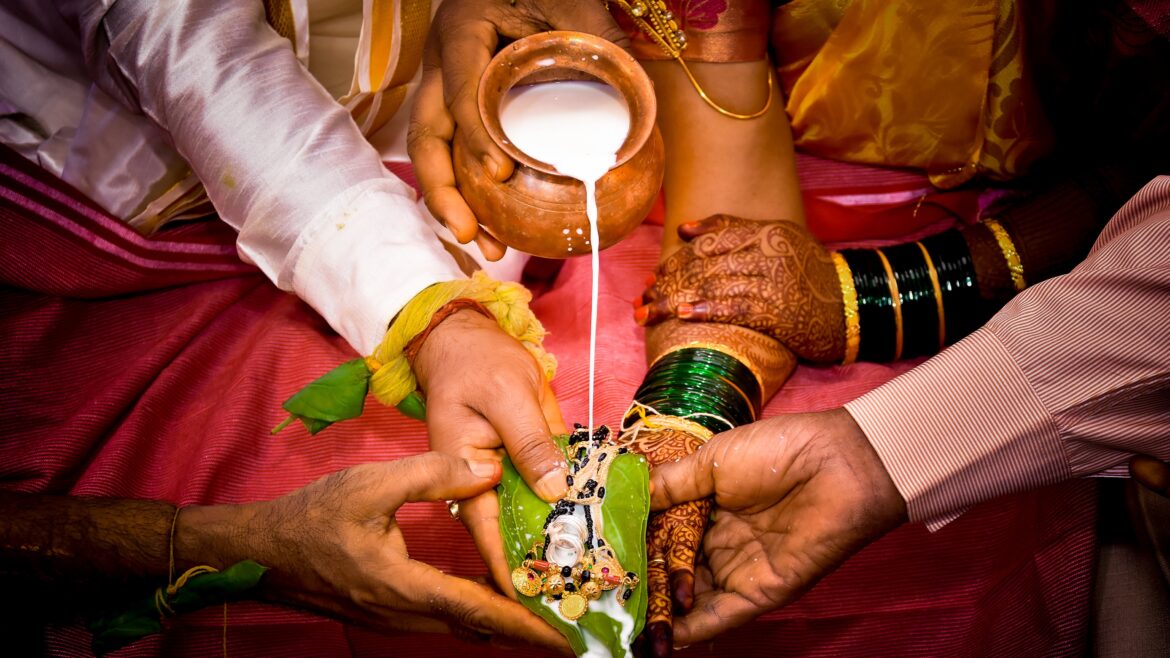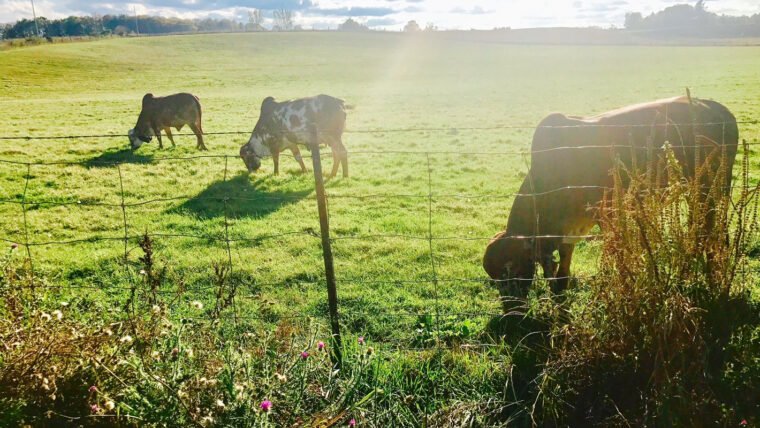Cows hold significant importance in Vedic philosophy due to their role in sustaining life and promoting harmony with nature. The Vedic tradition values cows as a symbol of fertility, abundance, and nurturing qualities, emphasizing their crucial role in the ecological balance. Protecting cows is seen as a means to ensure the well-being of the environment, fostering sustainable agriculture, and promoting a harmonious coexistence between humans and nature.
- The Holiness of the Cow in Vedic Scriptures: According to Vedic wisdom, the cow occupies a special place, symbolizing purity and divinity. The scriptures extol the virtues of the cow’s gentle nature, connecting her to the divine through her very being. Recognizing the sacredness of the cow invites us to cultivate a profound respect for this gentle creature that shares our earthly journey.
- The Cow as an Embodiment of Gods, Sages, and Tirthas: In the Vedic worldview, each part of the cow’s body represents a sacred aspect. Her limbs are deemed as embodiments of gods, her breath as that of sages, and her milk as equivalent to the purity of holy rivers. This symbolism underscores the interconnectedness of all life and emphasizes the spiritual significance of protecting and caring for these revered animals.



